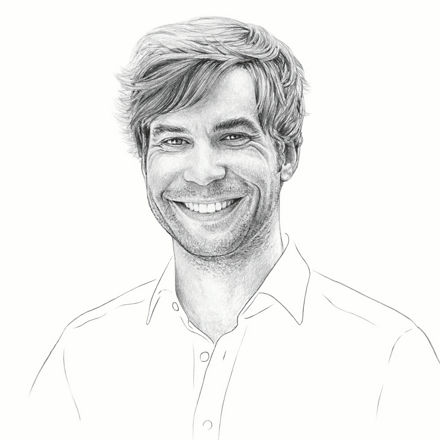




A CLEAR FOCUS ON BUSINESS
Evonik’s predecessor companies established themselves in South America’s second-largest country as early as 1969. This was the beginning of a commitment that has lasted for decades. The last major expansion took place in 2013, when Evonik commissioned the production plant in Rosario. Since then, Animal Nutrition and Functional Solutions have been the Group’s two focal points in Argentina.
Evonik sites
Buenos Aires
Rosario

The 2 locations have 60 employees.


